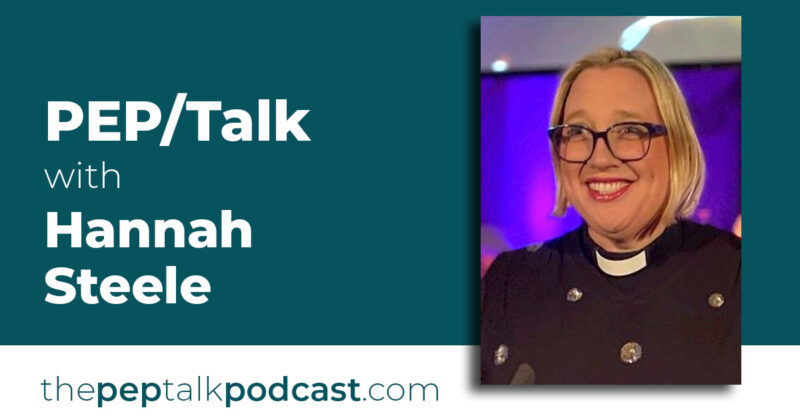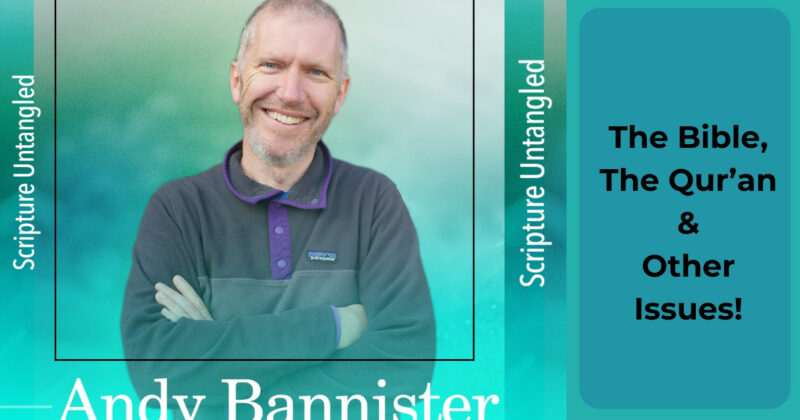When our kids were small, their favourite bedtime book was Who Forgot the Baby? It narrated the story of family of bears packing for a day trip. They loaded up the car with all the paraphernalia for a fun-filled visit to the seaside but were halfway there before realising they had forgotten to put the baby into the car. Like all books for Very Small People, what it lacked in plot it made up for in colour and chewability—but it also contained an important spiritual point.
In our faith we too can sometimes get distracted and miss the main thing. For example, in evangelism, we can get hyper-focussed on method, technique, programmes, and events. There’s nothing wrong with those things, but we mustn’t forget something absolutely crucial: prayer.
Prayer is the fuel in the tank of evangelism. And remembering the centrality of prayer is also an important reminder that in evangelism as in all things spiritual, this is God’s work, not our work.
Furthermore, prayer is also vital because I’m regularly reminded how many “coincidences” seem to be involved in evangelism: the right conversation at the right time with the right person, the tract that ends up in just the right pair of hands, and so on. As William Temple, Archbishop of Canterbury in the 1940s remarked: “When I pray, coincidences happen, and when I don’t, they don’t”.
But what should I pray? How about this as a starter. Make a list of five non-Christians in your life: family members, friends, colleagues, neighbours. Put that list somewhere you’ll see it often (stick it in your Bible, on the kettle, or to the cat) and then pray as often as you can for them. In particular, pray for natural opportunities to talk about Jesus with each person.
You may be amazed what God does. When we moved to our current home two years ago, my wife and I began praying for our new neighbours several times a week. Since then, we’ve seen one neighbouring kid start coming to church, two others to a “Bible Club” we’ve started, and one mum beginning the Alpha Course at our church.
So try praying: Jesus, would you please bring to mind the names of five people. Please prompt me to pray for them regularly. And would you please create “spiritual coincidences” whereby I can share the gospel with them. Amen!
Previously: Launch Pad #8 Practice Hospitality
Next: Launch Pad #10 Reassure People That You Welcome Faith and Belief Conversations











